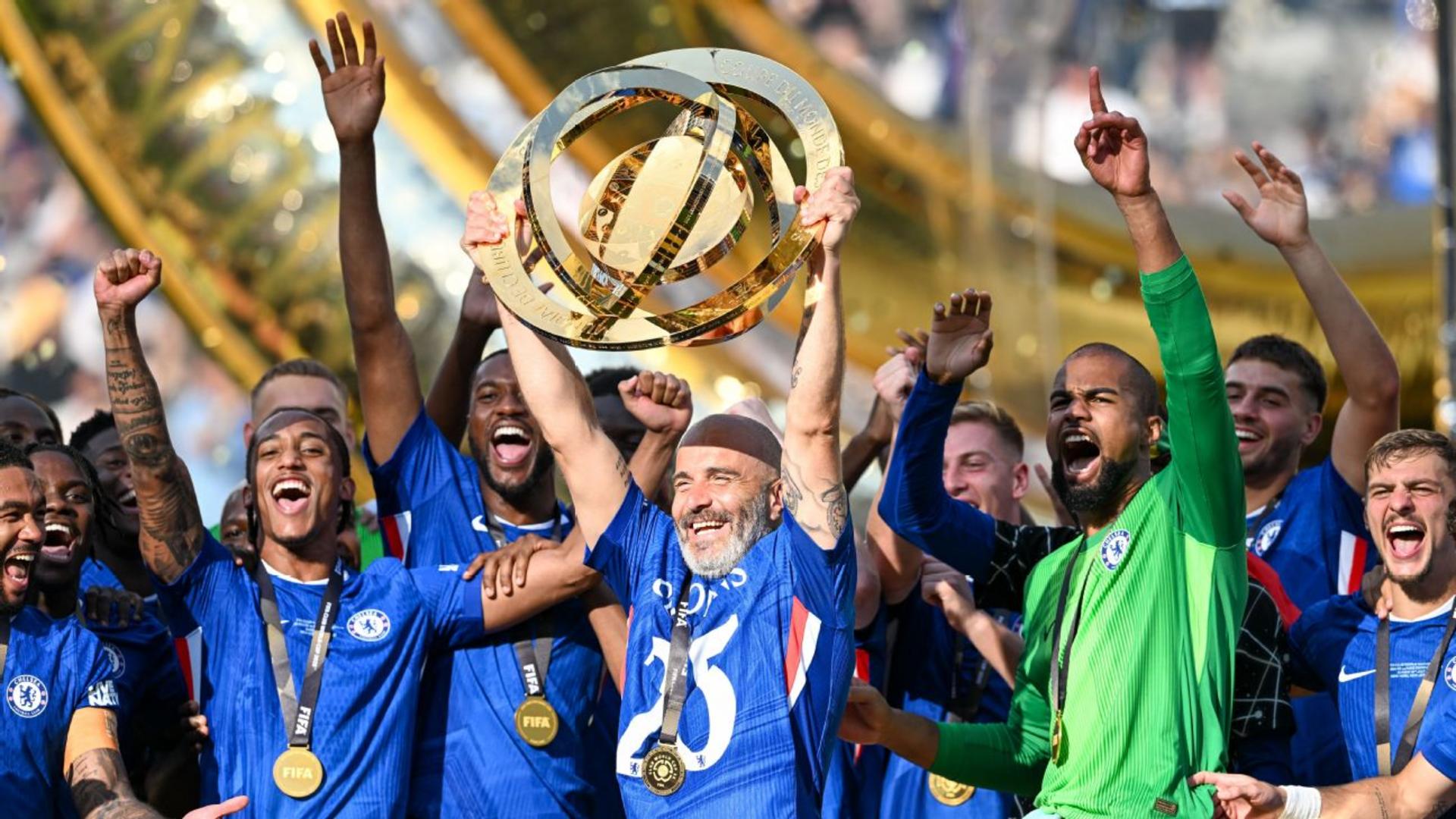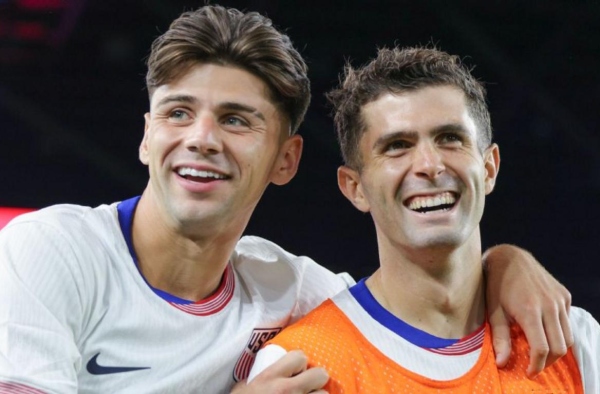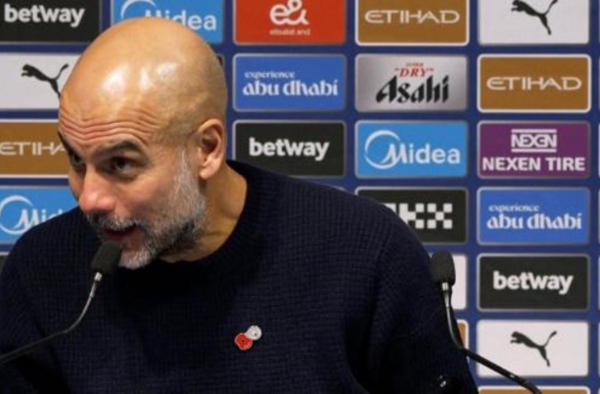FIFA VP: Not Trump’s Call to Move WC Games
The 2026 FIFA World Cup is gearing up to be one of the most anticipated events in international soccer history, set to be hosted across the United States, Canada, and Mexico. Amid the preparations, rumors surfaced suggesting that former U.S. President Donald Trump had a role in deciding the relocation of World Cup games within the host cities. However, FIFA Vice President Victor Montagliani has stepped forward to refute this notion, emphasizing that the decision does not rest with any political figure, including Trump.
Clarifying the Decision-Making Process
Victor Montagliani, who also serves as the president of the Canadian Soccer Association, spoke with ESPN to clear the air regarding who holds authority in making pivotal decisions about game locations. Montagliani explained that FIFA, in conjunction with the local organizing committees and the three host nations, governs the planning and allocation of World Cup matches based on predetermined criteria such as infrastructure, logistics, and fan engagement potential.
According to Montagliani, although political influences are inevitably part of any major event’s backdrop, the integrity of FIFA’s process remains intact, and political figures like Donald Trump have no official or unofficial leverage over where games are moved or held.
Context of the Rumors
Rumors began circulating after some games originally planned for certain U.S. cities were reportedly reconsidered or potentially shifted to other venues. Speculation picked up that Trump’s administration had directly intervened to favor certain markets or cities due to political affiliations or other motivations. Montagliani firmly rejected these speculations, explaining that such decisions are technical and strategic, rooted in meeting FIFA’s standards and ensuring the best possible experience for fans and players alike.
FIFA’s Commitment to Fairness and Transparency
Montagliani highlighted FIFA’s strong commitment to a transparent and merit-based approach when distributing World Cup matches among the host cities. The organization considered factors such as stadium capacity, transportation accessibility, accommodation capabilities, and the enthusiasm of the local soccer communities.
Furthermore, FIFA engages in continuous coordination with local governments and organizing bodies to ensure that venues meet FIFA’s stringent requirements. While political leaders may be involved in some capacity, ultimate authority lies with FIFA and the host country federations, not individual political figures.
Looking Ahead to the 2026 World Cup
The 2026 World Cup is set to expand the tournament to 48 teams, making it the largest event of its kind in soccer history. The stadia spans across 16 cities: 11 in the U.S., 3 in Mexico, and 2 in Canada. This ambitious setup requires meticulous planning and cooperation among multiple stakeholders.
Montagliani reiterated that the collaborative effort between FIFA and host nations aims to showcase soccer on the world’s grandest stage while respecting the traditions and rules set out by the governing body. Fans worldwide can look forward to a memorable tournament that embraces the spirit of unity and sport.
Conclusion
By firmly denying any direct involvement by Donald Trump in venue decisions, Victor Montagliani has reassured the soccer community that FIFA maintains control and transparency over the World Cup planning process. The focus remains on delivering an exceptional sporting event, inclusive and respectful of the global soccer family.
Image courtesy by www.espn.com



